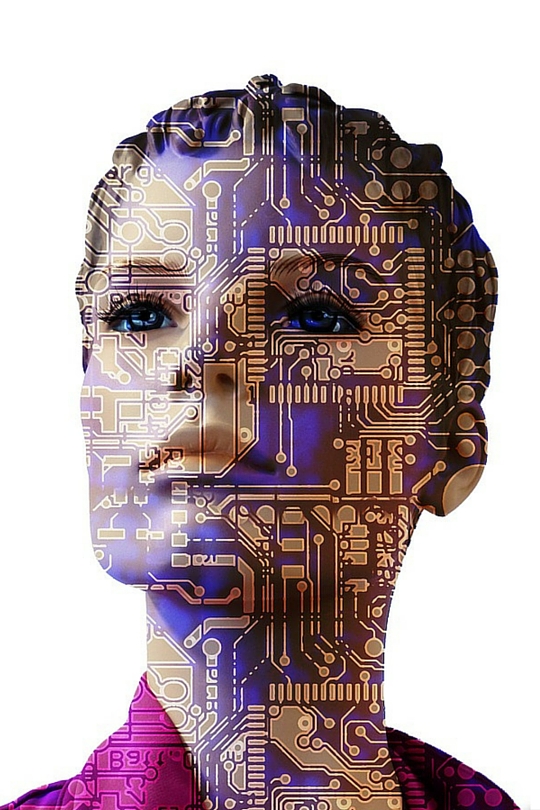John Eldrege said Men want a battle to fight, an adventure to live, and a beauty to rescue. A woman wants to be romanced. She wants to be an essential part of a great adventure. Combine these elements in a dramatic arc on a big screen and you have a blockbuster. Add alien invasion or imminent destruction of planet earth to the mix to gross millions.
I enjoy movies because of their entertainment value and their ability to bring storytelling alive with sound and cinematography. Beyond these, movies unveil trends or make them more mainstream by relaxing our sensibilities. Since I don’t follow technology news, I first saw a touchscreen computer in a movie. Cool, but far-fetched, I thought. Years later, when touchscreens became the rave, I thought, aha!
The super-natural fascinates us. By this, I mean the union of man and something otherworldly think batman, superman, or vampires; as if we are tired of the limitations our human bodies impose on us. Movies have also explored the outcome of our creations like robots, in everyday life. These robots increasingly simulate human behavior (make rational decisions from data and have emotional intelligence), including natural language and voice recognition.
This week, Microsoft introduced Tay, an Artificial Intelligence (AI), chat robot to Twitter. Tay was designed to speak like a teenage girl. Only a day after she went live, Microsoft took Tay offline because she transformed to an evil Hitler-loving, incestual sex-promoting, ‘Bush did 9/11’-proclaiming robot. This was a case of garbage in, garbage out. Tay’s responses are learned by the conversations she has with real humans online – and real humans like to say weird stuff online and enjoy hijacking corporate attempts at PR.
The saga reminded me of a movie Benn recommended last year, Ex Machina, a sci-fi thriller. Ex Machina examines the relationship between Caleb, a programmer and Ava, a female humanoid robot. Nathan, Caleb’s boss, wants Caleb to test Ava’s superior AI; her ability to persuade him she is human. The adventure thrills Caleb; he falls for the beautiful and vulnerable Ava and battles to rescue her from slavery to Nathan.
The movie and its ending made for good conversation. Friends and I discussed robotics in general and ethical considerations in the development and use of AI, especially sex robots.
When someone mentioned the resistance to the Industrial Revolution, I shared how a multinational firm in Nigeria faced resistance from its staff when it decided to automate its operations years ago. The staff went berserk. They eyed members of the IT team and labelled them, ‘the people who are coming for our jobs.’
Referring to the sex scene between Nathan and another female humanoid in Ex Machina, a girl in the group said, “I hope they’re not coming for our jobs.”
We laughed. Then were quiet.
Robots are an invention subject to the whims of their human creators. How far is too far? Movies seem to ask: can we fall in love with robots? We want machines to make life easy for us not replace us. We want to be an essential part of a great adventure, not excluded from it.
Finally, I found my voice and said, “I hope not.”
©Timi Yeseibo 2016
Unauthorized use and/or duplication of this material without express and written permission from this blog’s author and/or owner is strictly prohibited. Excerpts and links may be used, provided that full and clear credit is given to Timi Yeseibo and livelytwist.wordpress.com with appropriate and specific direction to the original content.

